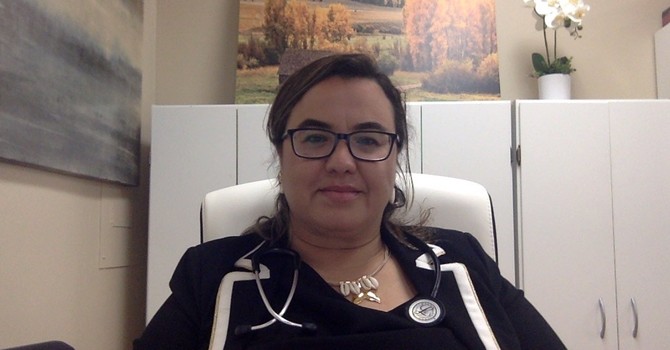
In recent years, there has been a growing interest in alternative and holistic approaches to healthcare. One such field that has gained popularity is naturopathic medicine. Naturopathic doctors (NDs) are healthcare professionals who focus on the prevention, diagnosis, and treatment of illnesses using natural remedies. In this article, we will explore the role of a naturopathic doctor and shed light on the unique aspects of their practice.
What is Naturopathic Medicine?
Naturopathic medicine is a distinct system of healthcare that blends traditional healing practices with modern medical knowledge. NDs emphasize the body's innate ability to heal itself and aim to identify and address the root causes of illness rather than merely treating symptoms. They utilize a wide range of natural therapies, including herbal medicine, nutrition, homeopathy, physical medicine, and lifestyle counseling.
The Role of a Naturopathic Doctor:
- Holistic Approach: Unlike conventional medicine, which often focuses on isolated symptoms or body parts, naturopathic doctors take a holistic approach to healthcare. They consider the physical, mental, and emotional aspects of an individual in order to develop a personalized treatment plan.
- Prevention and Education: Naturopathic doctors prioritize preventive care and patient education. They work closely with patients to educate them about healthy lifestyle choices, stress management, and disease prevention. By empowering patients to take an active role in their own health, NDs aim to prevent future health issues.
- Diagnosis and Treatment: Naturopathic doctors use various diagnostic tools and techniques to identify the underlying causes of health concerns. They may conduct physical exams, order laboratory tests, and perform comprehensive health assessments to gain a holistic understanding of the patient's health. Based on these findings, they develop individualized treatment plans that may include natural therapies, dietary modifications, supplements, or referrals to other healthcare professionals.
- Natural Therapies: Naturopathic doctors employ a wide range of natural therapies to support the body's healing processes. These may include herbal medicine, acupuncture, hydrotherapy, physical manipulation, and homeopathy. NDs also place a strong emphasis on nutrition and may recommend dietary changes or specific supplements to optimize health.
- Collaboration with Conventional Medicine: Naturopathic doctors can work alongside conventional healthcare providers to provide integrative care to patients. They are trained to recognize when conventional medical interventions are necessary and can refer patients to appropriate specialists when needed. This collaborative approach allows for a comprehensive and well-rounded treatment plan.
6. Benefits of Naturopathic Medicine:
- Personalized and patient-centered care
- Emphasis on disease prevention and health optimization
- Focus on addressing the root causes of illness
- Utilization of natural therapies with minimal side effects
- Collaboration with conventional medicine for comprehensive care
Conclusion:
Naturopathic doctors play a vital role in the evolving landscape of healthcare by providing a holistic and patient-centered approach to wellness. Through their extensive training and use of natural therapies, they aim to support the body's innate healing abilities and promote overall well-being. As more people seek alternative healthcare options, the role of naturopathic doctors will continue to grow, offering a complementary approach to conventional medicine and empowering individuals to take charge of their health.
Dr. Mariem Idrissi
Contact Me



